Why does all your outdoor gear have YKK zippers?
What is a YKK zipper? And why are they on every piece of gear you own? We find out more about this stalwart of the outdoor industry
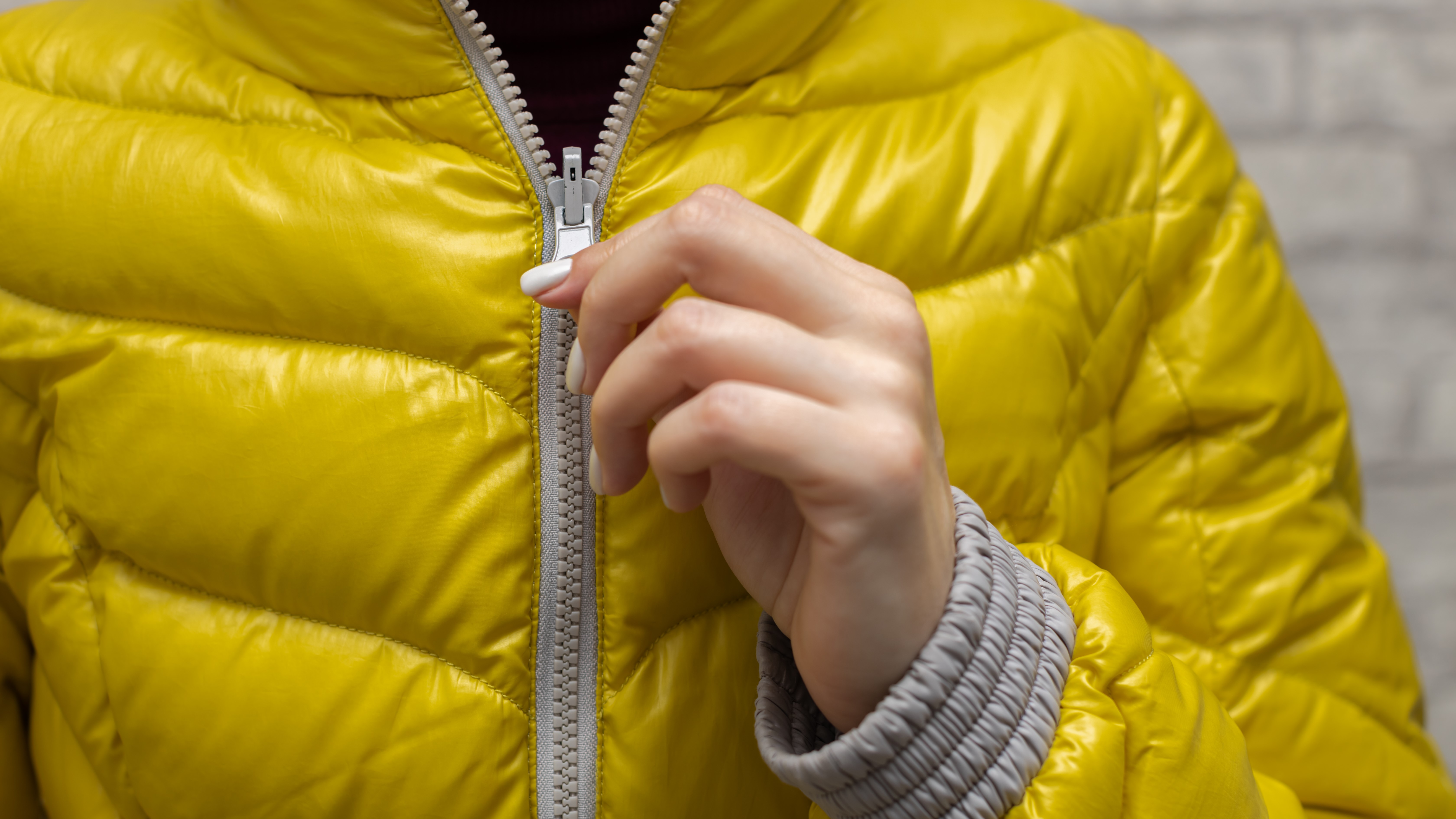
I recently committed a crucial error on a one night backpacking trip – I forgot my book. With the winter sun setting early up in the Scottish highlands, this made for lots of thinking time. Having solved all the problems in the world, I was lying in my one-person tent after dinner inspecting my camping gear, for lack of any other visual stimulation at the time, and I got to thinking: why does every zipper say YKK on it?
My down jacket has a total of four YKK zippers. My waterproof jacket has two YKK zippers. My sleeping bag has a YKK zipper. Upon closer inspection, my tent even has YKK zippers. They’re used by Rab, Helly Hansen, Fjallraven, The North Face, you name it. Their ubiquity combined with my lack of entertainment really got me thinking: what are YKK zippers anyway? What’s so special about them? And are they the only zippers in the entire world?
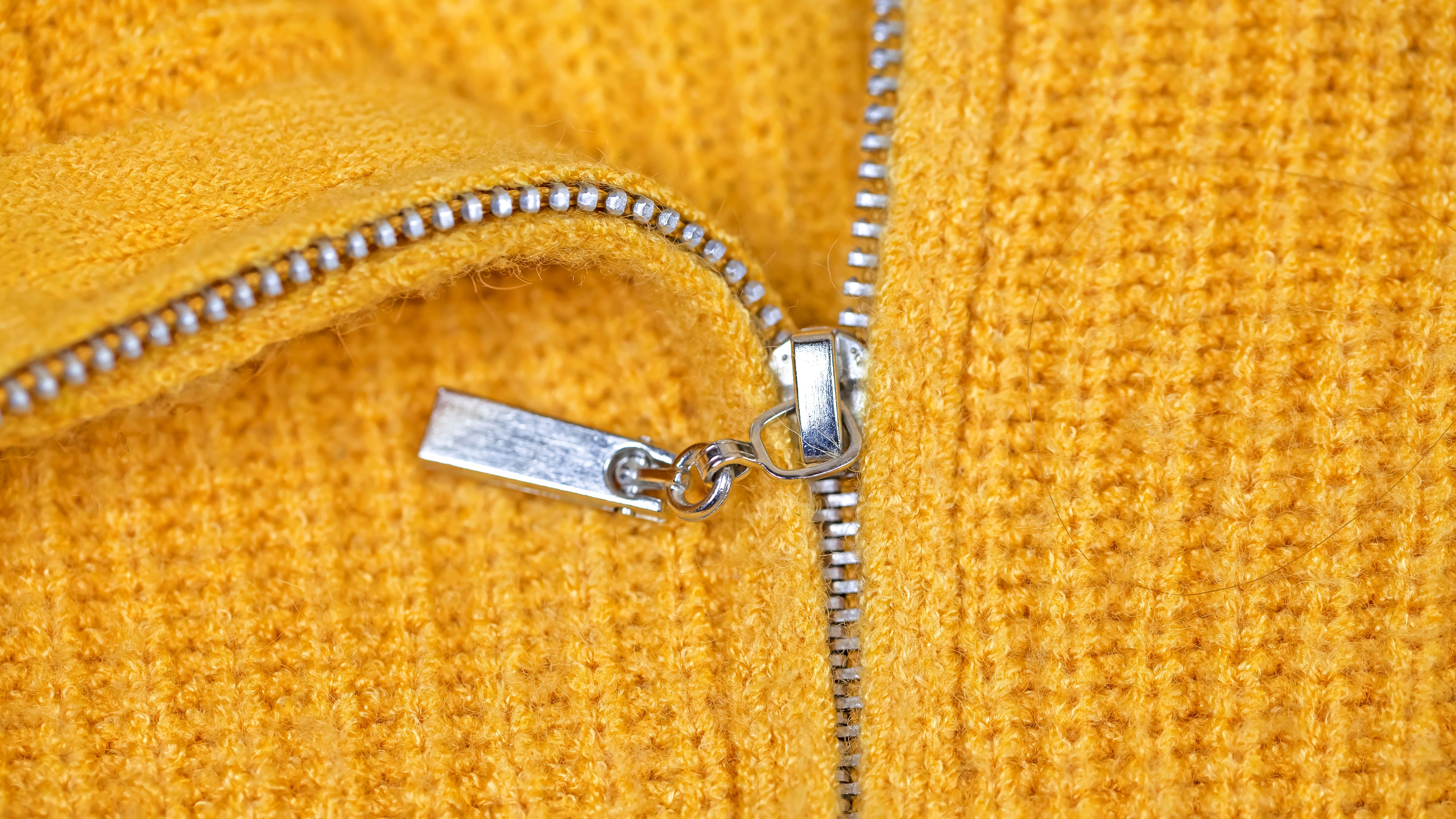
Practically every time we venture outdoors, we zip up at least one set of metal teeth using a YKK zipper. This unassuming piece of equipment keeps us from losing our hiking gloves, committing a public faux pas after using the bathroom and staying warm at night when we’re camping. We couldn’t live without it really, so I resolved to find out more about this stalwart of the outdoor industry when I returned to the world of wifi, and here’s what I discovered.
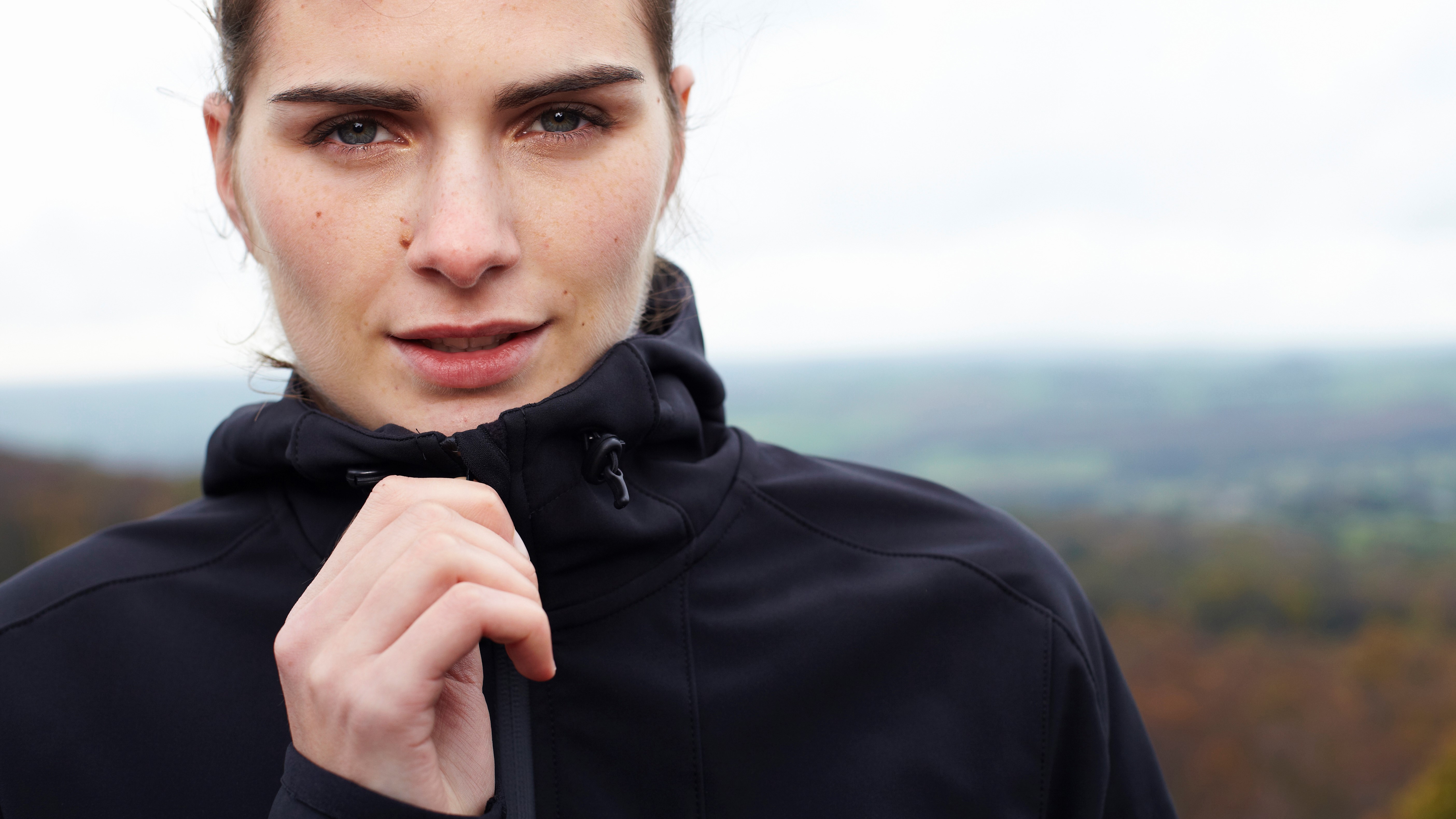
What are YKK zippers?
YKK zippers are zippers used in the manufacturing of all manner of outdoor and fashion garments and gear. The zippers are now made in some 70 odd countries across the world, but the YKK company was founded in Tokyo in 1934 where its headquarters remain today.
The YKK stands for Yoshida Kogyo Kabushikikaisha, which my online Japanese dictionary tells me means 'Yoshida Lake Fish Company', but other online sources say just means Yoshida Company Ltd, which makes more sense. I was going to send a message to my old Japanese roommate from college, but realized I may be digressing here.
Anyway, the company is named for founder Tadao Yoshida, and today makes dozens of different types of zippers as well as other fastening devices including snap buttons, hook-and-loop fasteners, and plastic buckles (as found on some hiking backpacks). Despite appearances, the company doesn't make all the zippers in the world, but according to a 2021 article in Forbes, it does make about half of them, which is apparently enough each year to circle the planet 80 times, pulling in $7 billion in revenue.
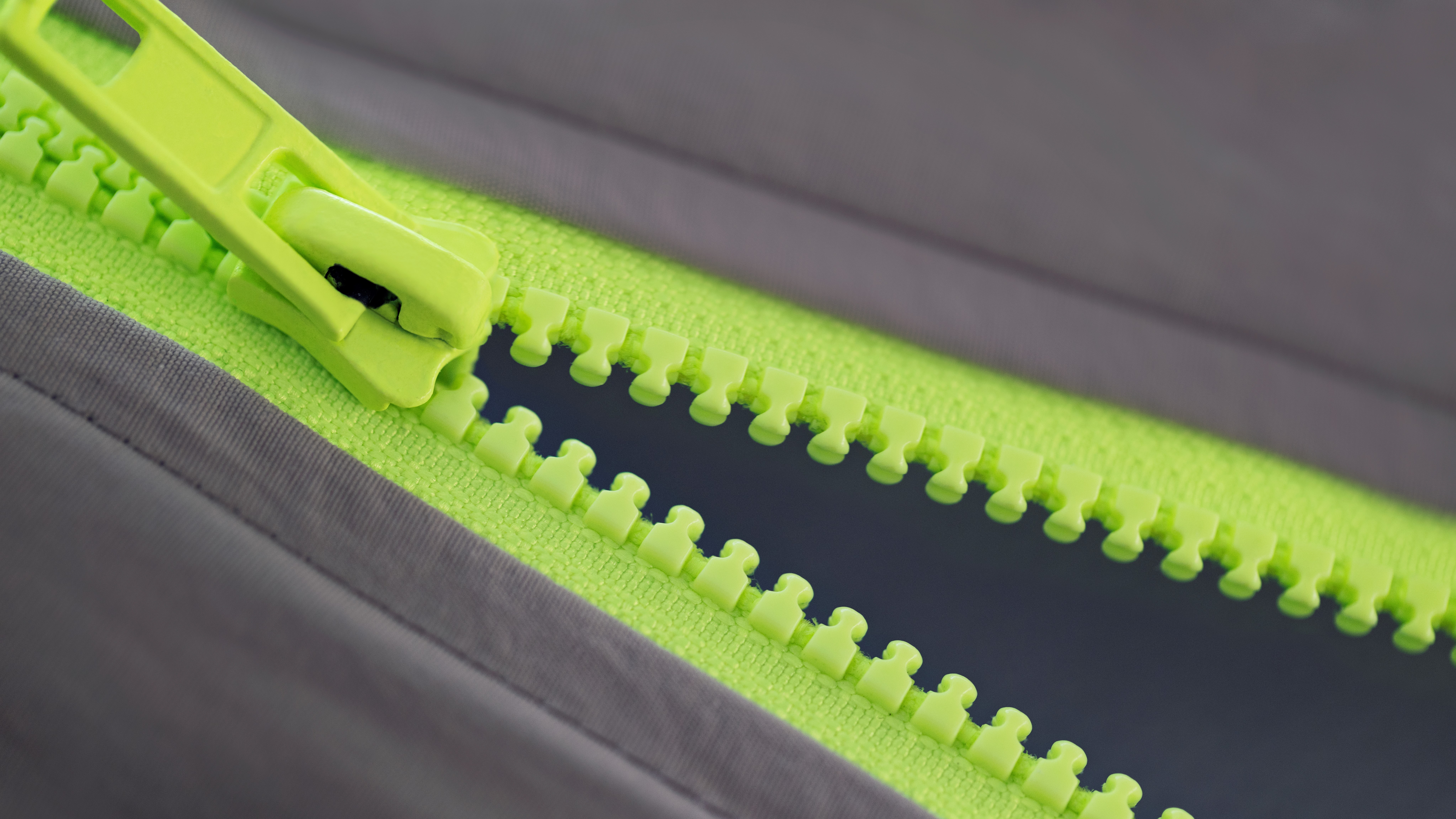
What is special about YKK zippers?
YKK didn’t invent the zipper – the inspiration for the modern zipper is attributed to an American named Whitcomb L Judson who exhibited an early form of zipper at the World’s Columbian Exposition of 1893, and patented 20 years later by Swedish engineer Gideon Sundback, according to Britannica – but their consistent quality along with the company’s structure and philosophy make YKK zippers special.
All the latest inspiration, tips and guides to help you plan your next Advnture!
In terms of the YKK zipper’s quality, the proof is in the pudding, really. The fact that the zippers are so widely used, even though they’re not the only option out there, points to the fact that they’re highly esteemed by outdoor brands and other clothing manufacturers. Personally, I can’t recall a time when one has broken on me. Speaking to Slade magazine in 2012, California clothing designer Trina Turk said her company uses YKK zippers exclusively after having problems with cheaper zippers breaking. After all, she points out, when the zipper breaks on your sleeping bag, you tend to blame the whole bag, and possibly even the company that makes it. The consistent quality of YKK zippers might not seem like a huge matter, but its failure can really hurt a business.
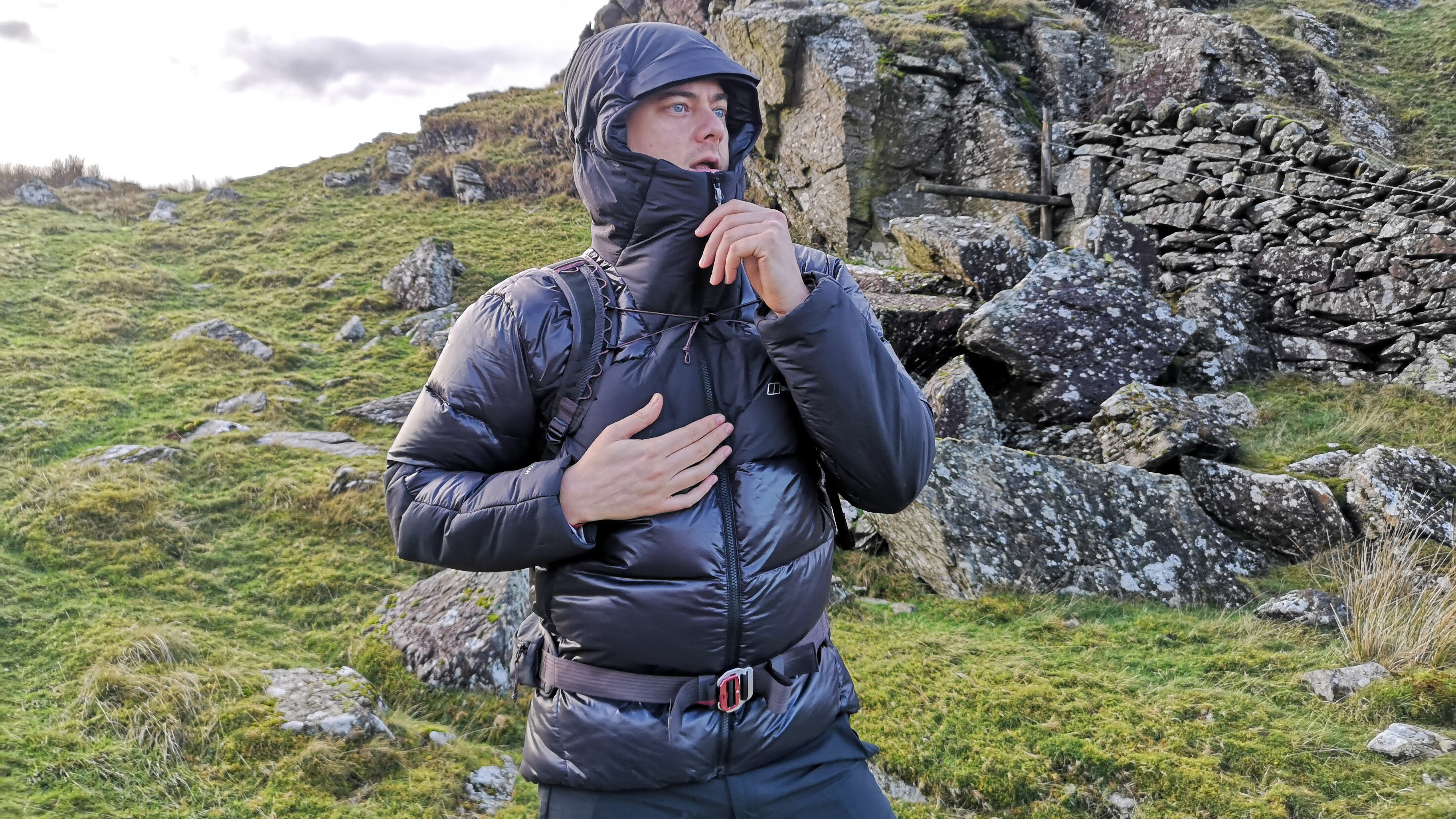
As for the company structure, YKK is often noted in the business world for being an entirely vertically integrated company, meaning that it handles the entire production process in-house, from smelting to packaging according to Insider, rather than outsourcing. This is how the original headquarters in Japan were structured and how Yoshida reportedly set up the first American offices in New York in 1960. It’s not easy to do, but it’s often the more sustainable approach an it’s credited with the consistency of the products.
Finally, YKK states on its website that it adheres to Yoshida’s 'Cycle of Goodness' philosophy, which means that no one prospers without rendering benefit to others. Its core values are as follows:
- Do not fear failure; experience builds success.
- Create opportunities for employees.
- Insist on quality in everything.
- Build trust, transparency and respect.
It’s the kind of community-oriented approach to manufacturing that’s rare and precious, in my opinion, and I’m pleased to remind myself of it each time I zip up my fleece jacket and head outdoors.
- Best waterproof jackets: stay warm and dry hiking in any weather
Julia Clarke is a staff writer for Advnture.com and the author of the book Restorative Yoga for Beginners. She loves to explore mountains on foot, bike, skis and belay and then recover on the the yoga mat. Julia graduated with a degree in journalism in 2004 and spent eight years working as a radio presenter in Kansas City, Vermont, Boston and New York City before discovering the joys of the Rocky Mountains. She then detoured west to Colorado and enjoyed 11 years teaching yoga in Vail before returning to her hometown of Glasgow, Scotland in 2020 to focus on family and writing.

